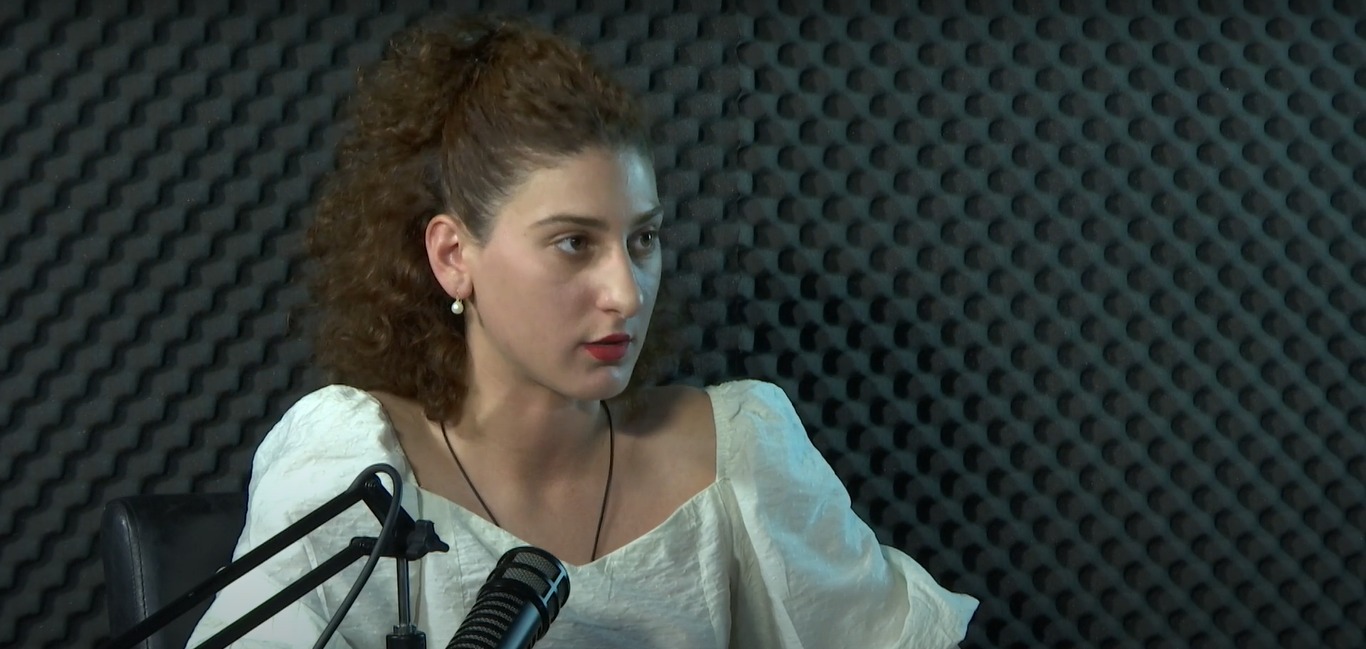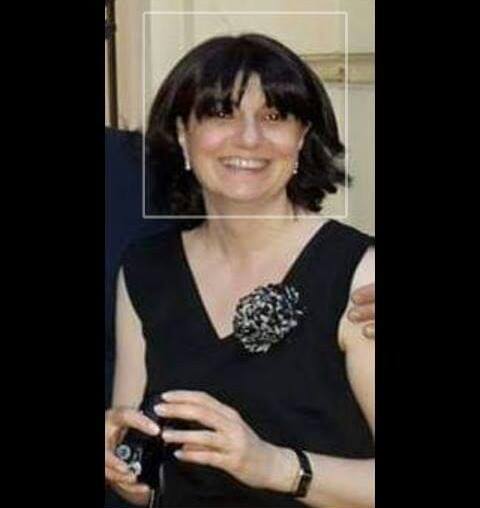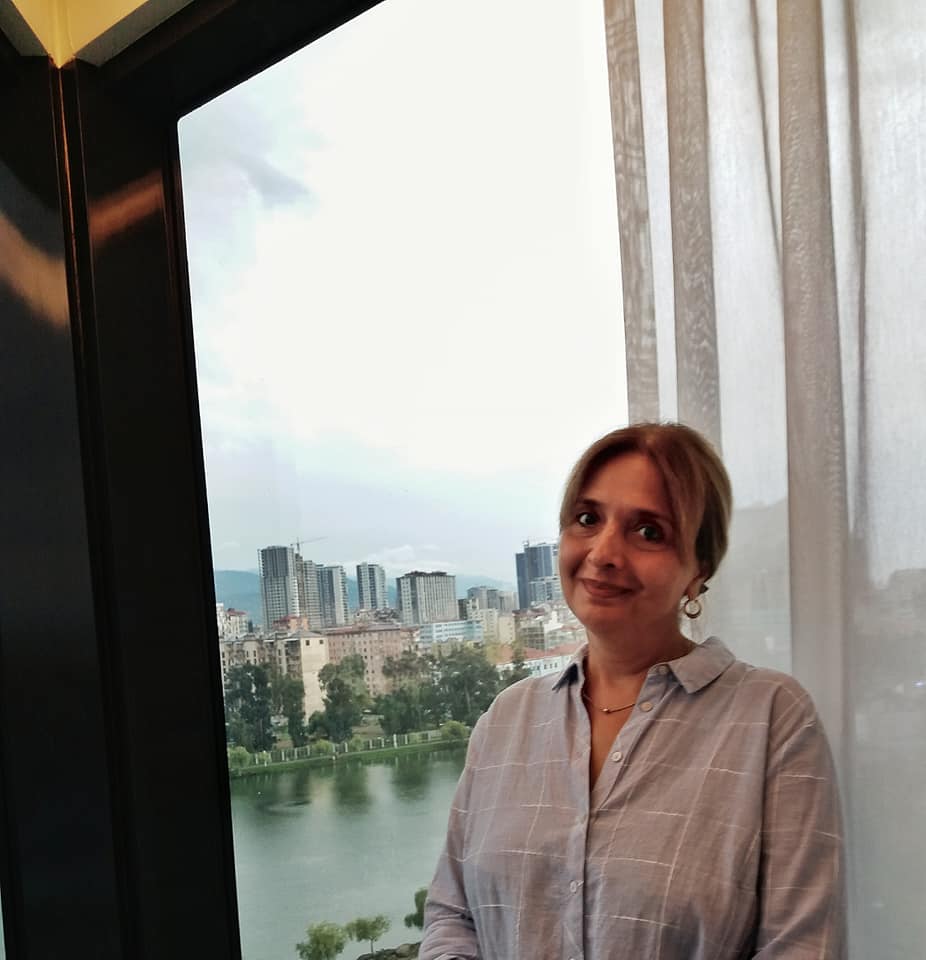International dep. EN
International Relations Department
The Conservatoire’s International Relations Department was established in 1991. Since then, the Office has been actively involved in shaping the Conservatoire’s policy on relations with foreign higher academic institutions and other international organizations. TSC’s international strategy is to contribute to the internationalization of study process, taking advantage of overall international co-operation, in particular European dimension and Erasmus framework. Therefore TSC aims to enhance staff and student mobility, to support regional cooperation, to develop new joint innovative curricula; and to support different academic departments to apply and participate in thematic networks.
TSC has a strong focus on international exchange and international networks, such as Erasmus+ International Credit Mobility programme. In 2015 TSC joined the Erasmus family and is involved in a wide range of international collaborations with the leading institutions and Music Academies across Europe; since 2015 TSC has actively used the different possibilities in the Erasmus program: Mobility of students and personell, research and capacity building of academic/administrative staff. By 2021, TSC has more than 20 Erasmus partners among European Conservatoires, Music Academies and Musikhochschules.
TSC carries out intensive cooperation beyond the Erasmus program from Europe and Eastern Partnership region; Cooperation covers various activities from music performances and music making over educational training, improvement of study learning environment; Besides TSC highly appreciates cooperation with such international organizations as: Adam Mickiewicz Institute (Poland), Institut francais de georgie, Goethe Institute, “Study in Estonia”, Center of International Education of Norway (SIU) Eurasia Program.
TSC became a member of AEC in 2005. TSC took pride to host the Annual Meeting for International Relations Coordinators in Tbilisi on September 21-24, 2017.
TSC provides opportunity to study on BA as well MA programs (performing specialties, Music theory and composition); TSC welcomes full degree students as well as exchange students and individual study course/module takers. Those interested in Georgian folk music TSC offers “Georgian Folk Music module” (60 ECTS). Entrance requirements for foreign students are same as for the Georgian students.
The majority of TSC study programs are taught in English, German, and Russian. A flexible language policy enables international students to take advantage of almost all classes.



Contact:
International Relatoins Department, N225
Tel/Fax: 995 32 298 71 86
E-mail: ir.office@tsc.edu.ge
